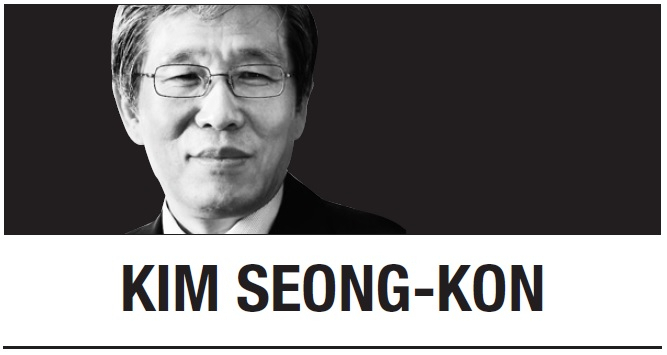
Children in many countries grow up reading and listening to the famous fairytale “Three Little Pigs.” In the story, three little pigs decide to build houses of their own. The first pig builds himself a house of straw, the second little pig a house of sticks, and the third little pig a house of bricks. As we know, when the big bad wolf comes and tries to blow their houses down, both the straw house and the stick house fall down. Only the brick house endures the strong huffing and puffing of the infamous beast. From the story of “Three Little Pigs,” therefore, children learn that they should build a strong brick house.
Strangely, I have observed that Americans do not build brick houses. Instead, they build wooden houses everywhere. Of course, wooden houses are far better than brick houses in terms of supporting health due to its good ventilation and moderate humidity. Still, however, wooden houses are fragile when a tornado touches down, a hurricane hits or a fire breaks out. Therefore, American children may be confused and wonder: “Why is my house not built with bricks? Is my house strong enough for the big bad wolf’s assaults?”
On the contrary, Korean children do not seem to worry about the strength and durability of their houses because they live in an apartment building that is made of cement and concrete, which is even stronger than a brick house. Theoretically, even a typhoon could not blow down an apartment building built with cement and concrete. However, questions arise. If the concrete building does not have enough reinforcing iron rods, as newspaper reports have embarrassingly exposed lately, then what would happen? The ostensibly strong apartment, too, is likely to collapse eventually.
The story of “Three Little Pigs” can be a good metaphor for a country’s national security. If your house is not strong enough, the big bad wolf will blow it down and eat you up. The same thing will happen if your apartment building lacks reinforcing iron rods. If a country is polarized by antagonizing ideologies and its people are busy with internal squabbles, its national security will be at stake and the big bad wolf will surely come to destroy the country.
Americans are famous for their thorough preparations. They always have contingency plans or a plan B, just in case. Moreover, Americans tend to do everything well in advance. In August, for example, American department stores begin displaying winter clothes already. In early September, local stores begin selling Halloween items and people already start decorating their gardens with Halloween pumpkins and ornaments, even though Halloween falls in late October. Some stores sell Christmas trees as early as September.
Nevertheless, America is not immune from foreign attacks or terrorist activities. In fact, America is also susceptible to the big bad wolf’s assaults, as much as its wooden houses are vulnerable to tornadoes, hurricanes, or fires. Americans should bear in mind that the big bad wolf is constantly trying to huff and puff to blow their houses down, and then the rest of the world thereafter.
The current polarization of American society and domestic clashes between the extreme left and far right will also certainly endanger its national security and invite foreign aggressions eventually. Americans should keep in mind that totalitarian socialist countries are eager to take over America’s role as the world leader. If they succeed, the whole world will turn into an Orwellian dystopia. In many ways, America is responsible for all other countries that share the values of liberal democracy.
South Korea, too, has big bad wolves that are ready to blow the country down at any time. Under current circumstances, we cannot afford domestic scuffles between the left and the right, which seriously endanger our national security. With belligerent North Korea up there, how could we continue ideological squabbles in the South? Such political skirmishes will seriously dismantle the foundation of South Korea. The apartment building without proper reinforcing iron bars well symbolizes the current predicament of South Korea.
Recently, Michael Green aptly pointed out that the country that would be most affected by how the war in Ukraine ends would be none other than South Korea. Indeed, if Ukraine loses the war, big bad wolves are likely to begin making territorial claims that South Korea, too, had belonged to them in the past and thus must be returned to them.
We should learn valuable lessons from the story of the “Three Little Pigs.” The first and second little pigs do not want to work hard or be prepared. They just like singing and dancing, so “build a quick and easy house of straw and sticks.” Then, they naively sing, “Who’s afraid of the big bad wolf?”
Before the wolf comes and blows our houses to pieces, we should build a strong foundation.
Kim Seong-kon
Kim Seong-kon is a professor emeritus of English at Seoul National University and a visiting scholar at Dartmouth College. The views expressed here are his own. -- Ed.







![[Today’s K-pop] Blackpink’s Jennie, Lisa invited to Coachella as solo acts](http://res.heraldm.com/phpwas/restmb_idxmake.php?idx=644&simg=/content/image/2024/11/21/20241121050099_0.jpg)